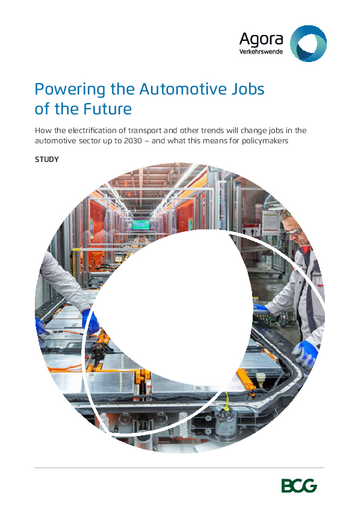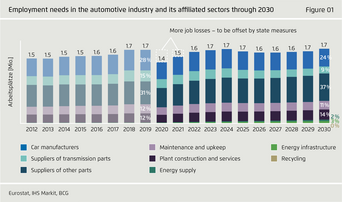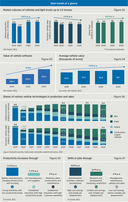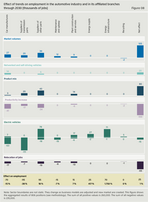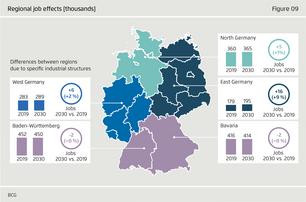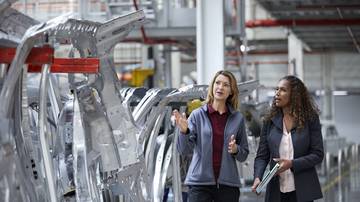A number of studies have already been conducted on how the energy transition will impact employment in the automotive sector. Past studies have typically had a narrow focus on the employment effects stemming from electric vehicles. But the transformation involves a series of changes. These include the digitalisation and automation of production processes; integrated mobility systems; and networked and self-driving vehicles. With our study, we broaden the consideration of employment effects by exploring how the transformation will impact employment not only in the automotive industry but also in related sectors.
Perhaps our most salient finding is that we expect no net employment losses or gains. Some subsectors will see significant employment declines – while others will flourish. As part of this “creative destruction” (Schumpeter), some factors of production will have to be reorganised. Some workers will need to acquire new skills. New jobs will be created in new locations, while old ones will disappear in places that workers and their families call home.
The implications of these changes for the life histories of workers and their families should not be ignored. Policymakers need to enact wise labour market policies to ease such frictions. Identifying such policies was one major aim of this study.


